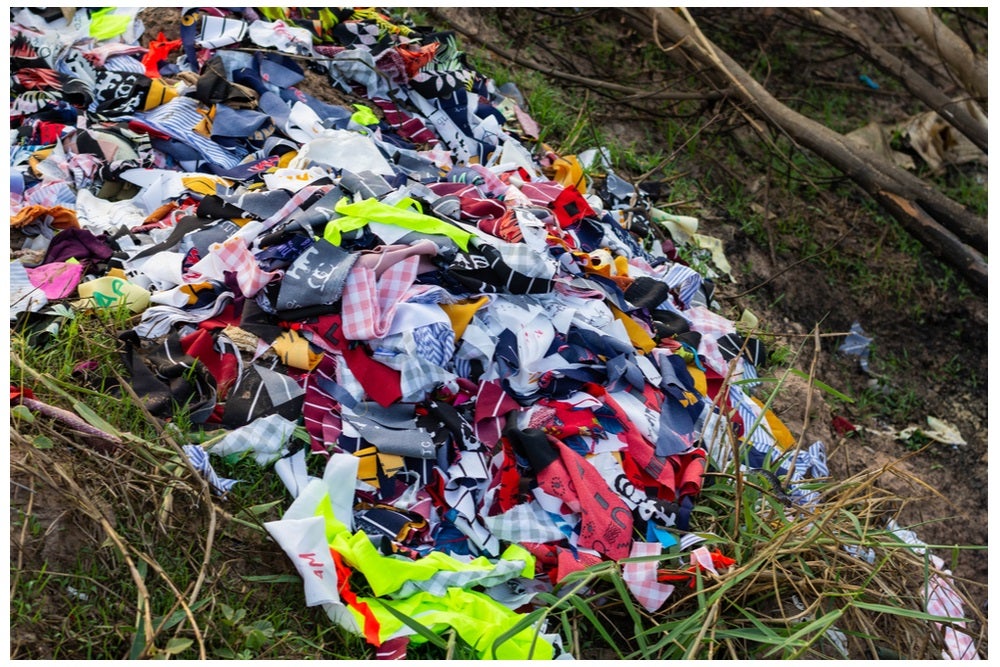
The American Apparel and Footwear Association (AAFA), Accelerating Circularity Inc and American Circular Textiles, penned a letter to Assembly member Luz M Rivas, saying they had a “vested interest” in the success of SB707 and that it is critical it accomplishes what it sets out to achieve as the first-ever national EPR scheme.
The organisations are calling for it to be a two-year bill saying the additional time would also afford all stakeholders the ability to learn from both California’s own pilot textiles Extended Producer Responsibility programme passed last year, as well as ongoing efforts in the European Union to stand up a textiles Extended Producer Responsibility programme.
Yesterday (5 July) the EU Commission proposed rules aimed at making fashion brands and retailers responsible for the full lifecycle of textile products and will require them to financially support the sustainable management of textile waste across the EU.
“We are keenly interested in policies that will help progress the textile, apparel, and footwear industry’s sustainability and circularity goals,” the letter reads.
It adds: “Well-designed extended producer responsibility (EPR) schemes can play a crucial role in directing investment towards reuse, repair, and recycling infrastructure, and bolstering their respective markets, all while incentivising the prioritisation of product stewardship when designing and manufacturing new products.”
The organisations argue that there remain questions and concerns over how the scope and mechanics of SB 707 can truly support circularity efforts, namely:

US Tariffs are shifting - will you react or anticipate?
Don’t let policy changes catch you off guard. Stay proactive with real-time data and expert analysis.
By GlobalData- How reuse and recycling infrastructure and markets will be better supported, from both a consumer and business perspective
- Where the products and materials will be resold for reuse and recycling, and how market demand and infrastructure will be built and supported
- How the PRO system will allow existing businesses, for profit and non-profit alike, to participate while aggregating materials sufficiently
- Clarity on guidelines with regards to product safety, sorting and material handling
- Clarity around brand and retailer responsibility and liability
- Leveraging data to create a needs assessment based on completed pilots to inform success at scale
- How businesses that ship directly to California consumers from but do not have operations in the state will participate.
“We worry that the current draft of the proposal will create more problems than it will solve,” the letter continues.
“We understand that there are further amendments forthcoming, but at this point, there is not enough time left in the legislative calendar to meaningfully address all the concerns we have either collectively or individually raised. Additional time will afford all stakeholders the ability to work through difficult issues and sincerely collaborate on crafting an effective programme.
“This request is not without precedent. The Plastic Pollution Prevention and Packaging Producer Responsibility Act (SB 54) took four years to negotiate, and the infrastructure for plastic waste collection, sorting, and recycling is considerably more developed than similar infrastructure for textiles. We do not wish for negotiations to take as long as they did for SB 54 but would ask for similar opportunities as stakeholders to have robust and frank discussions about this proposal.”



